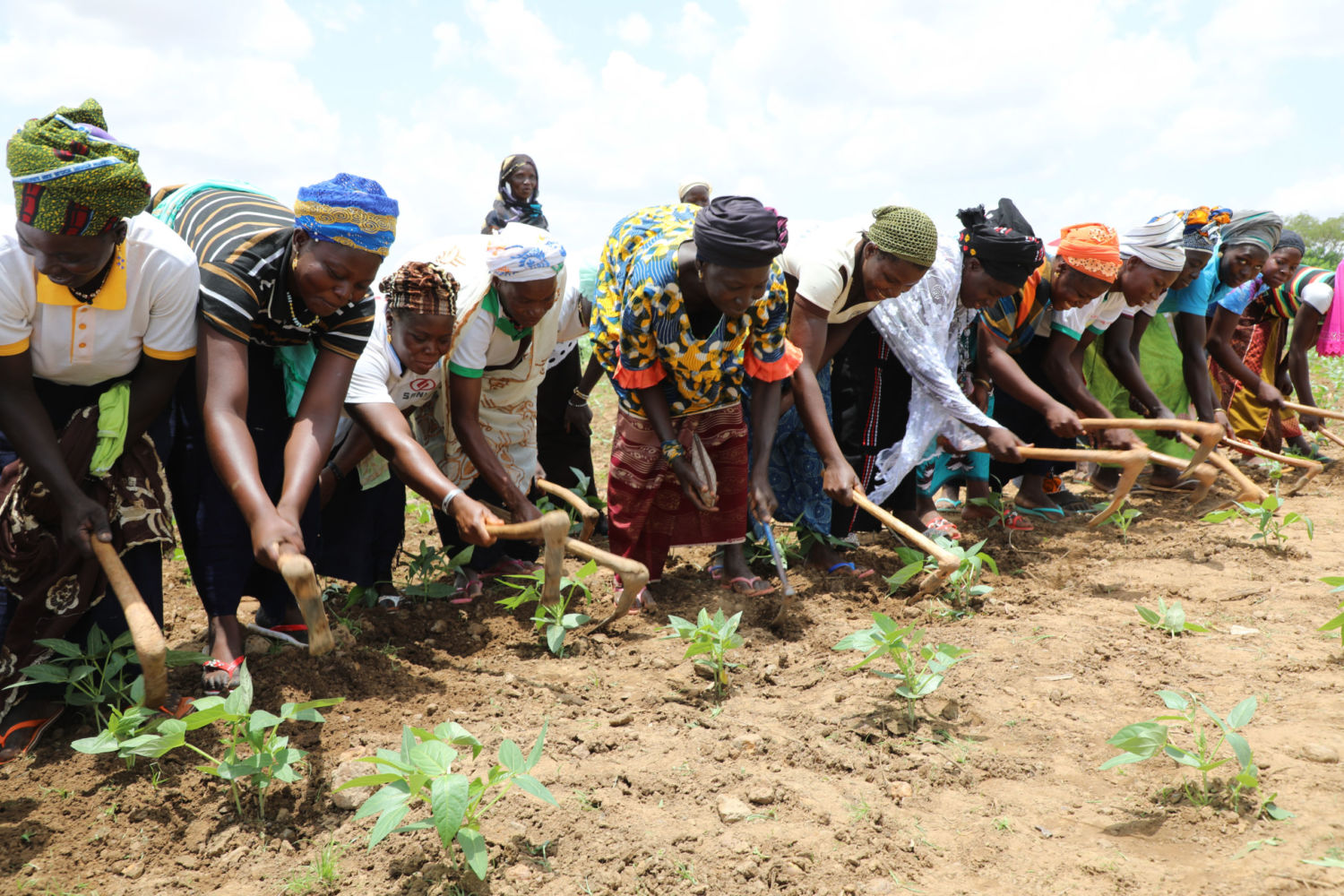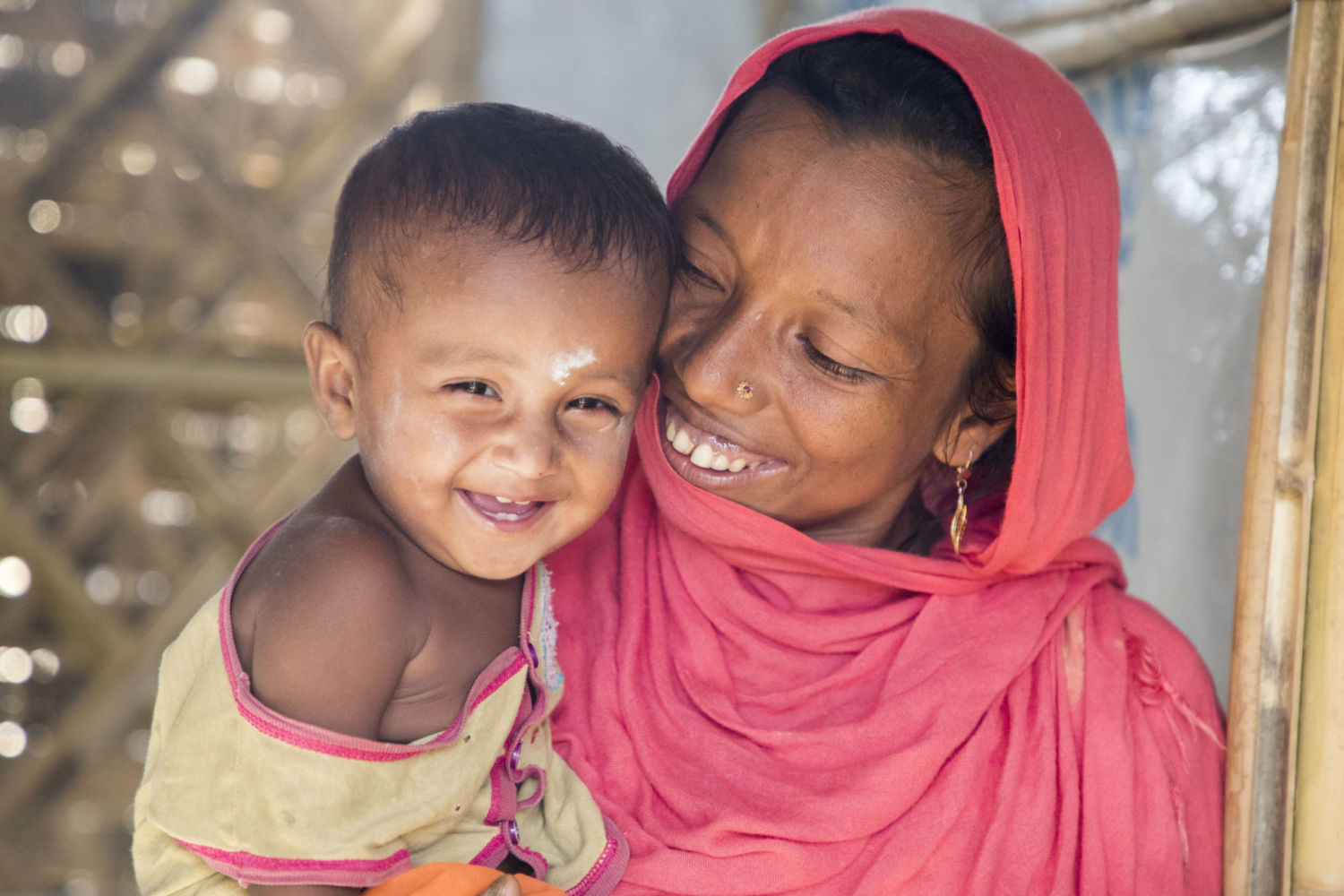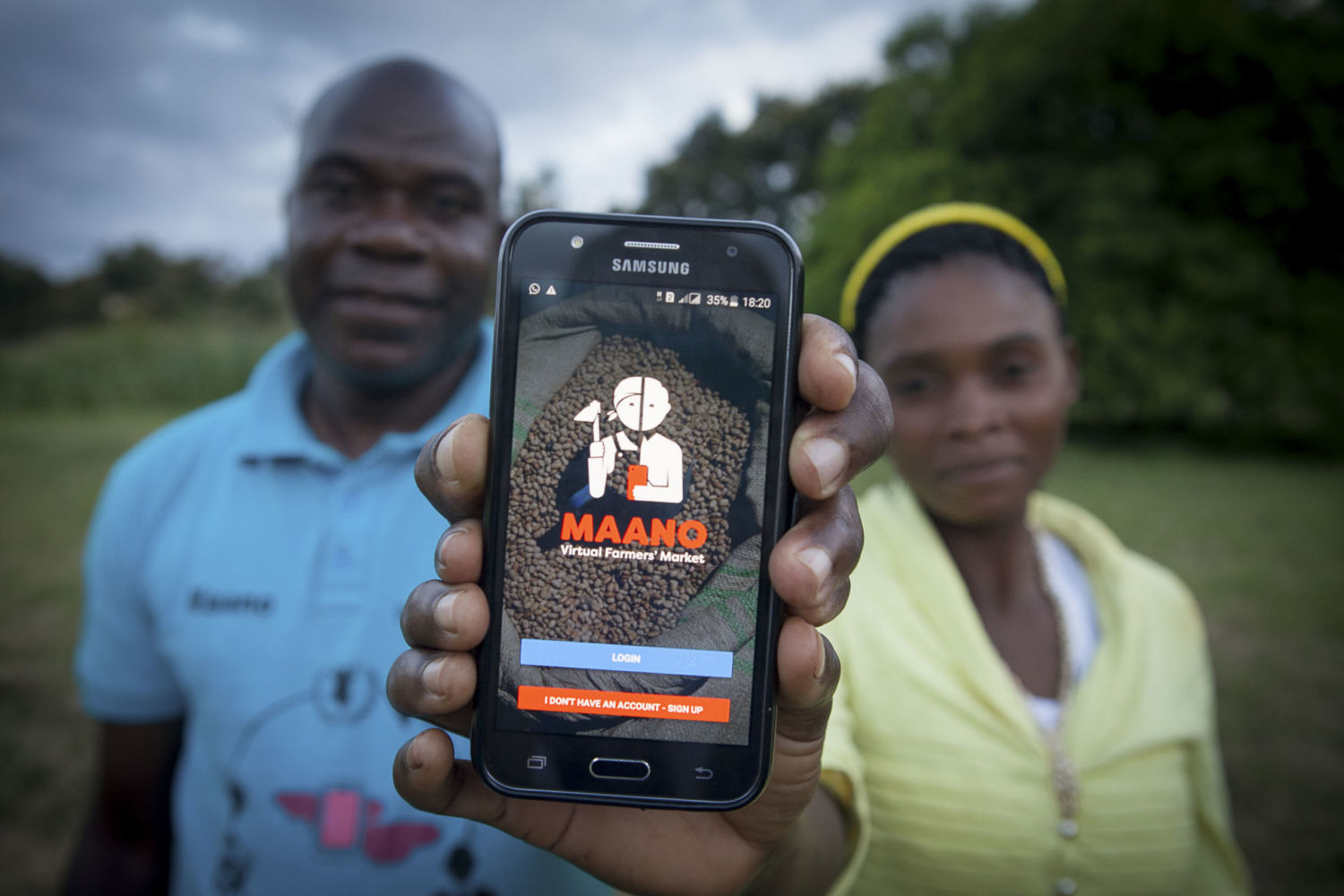World Food Programme opens first Canada office
Why It Matters
Canada is the 7th largest donor to the United Nations’ World Food Programme (WFP), the world’s largest humanitarian agency working toward a world with Zero Hunger. In March 2020, WFP officially opened its Ottawa office to strengthen both funding relationships with the Canadian government and open new doors for Canadian organizations addressing food security to export their solutions globally.

More than half of those facing hunger across the world live in countries affected by conflict. Conflict, climate change and health concerns continue to push people deeper into food insecurity. To fight this, the United Nations has pledged to end hunger by 2030 — and a large part of that effort is the United Nations World Food Programme.
Established in 1961, the United Nations World Food Programme (WFP) is the world’s largest humanitarian organization, saving lives in emergencies, building prosperity and supporting a sustainable future. Providing food assistance to an average of 86.7 million people in 83 countries each year, WFP changes lives for millions through its work.
In March 2020, WFP expanded its global presence with its first office in Canada, with Ottawa being the chosen location. During an inspiring evening, key stakeholders discussed the role Canada is playing in food security, and explored how the humanitarian community is collaborating globally.
“Nearly six decades of smart, steady support from the Government of Canada has helped WFP to save lives in emergencies and increasingly to change the lives of millions of people around the world,” said David Beasley, Executive Director of the World Food Programme, in a press release. “Canada is an essential partner to reach the most vulnerable people and find sustainable solutions that pave the way for better lives for the world’s hungry poor.”
Last year, Canada became WFP’s 7th largest donor. “Canada’s been growing as a donor over the last 10 years,” says Julie Marshall, Canadian Spokesperson for WFP. “It’s not just the donation amount — it’s how they donate. There’s flexible funding, multi-year funding, predictable funding that is timely and generous. Having an office here really gives us a presence so that we can work more closely with the government, ministers and Canadian NGOs, look for new partnerships in the academic field, and give us a reach to the Canadian public as well.”

WFP pushes for innovation in every area of its work. It’s in these areas that the Canadian government’s support through funding is particularly important. Hila Cohen is the Head of Business Development for the WFP Innovation Accelerator, which sources and scales cutting-edge solutions to achieve Zero Hunger. Since 2016, the Accelerator has supported over 60 innovations, directly reaching over 763,000 people worldwide.
“The goal is to find innovators from around the world — whether these are startups, NGOs, or our colleagues on the ground who see the problems and might have their own solutions,” says Cohen.
One of the projects the Accelerator funds is H2Grow, WFP’s locally-adaptable and affordable hydroponics solution, empowering people who are food-insecure to grow their own food using no soil and 90 percent less water than traditional agriculture. Over 75 participants of H2Grow are women, and by 2021, the project aims to reach two million vulnerable people in 21 countries.
Cohen says that with the Ottawa office opening, WFP hopes to strengthen ties with Canadian organizations working to address food insecurity in Canada — these organizations can now apply to the accelerator program, if their solutions can be applied in countries where WFP operates, and this is part of their growth strategy. “There’s an opportunity to deepen this relationship with the more traditional supporters of WFP in Canada, but it’s also an opportunity to reach out to new audiences,” Cohen says. “If there are diverse companies in the private sector that would like to work with us to understand how they can help the UN with the SDGs, we’re open to new conversations.”

Globally, Canada’s funding also plays a key leadership role in supporting WFP’s intersectional approach, which takes into account the various factors leading to hunger, to tackling food insecurity by advocating for gender equality. “We cannot get to Zero Hunger leaving half the population behind, so we have to hear from women — we need to build their needs and their voice into our programs,” Marshall says
Some of WFP’s programs, like school feeding programs, are heavily funded by the Canadian government and have a direct impact on the lives of women, helping to break the cycle of poverty. “In regions where girls are not encouraged to go to school, where families are very poor, keeping them at home to do chores is an option,” Marshall says, “but if a free meal is offered at a school feeding program, they’ll send the children to school because that will help them with their own finances. So the child is going to school, getting a meal, but while she’s there, she’s having an education.”
